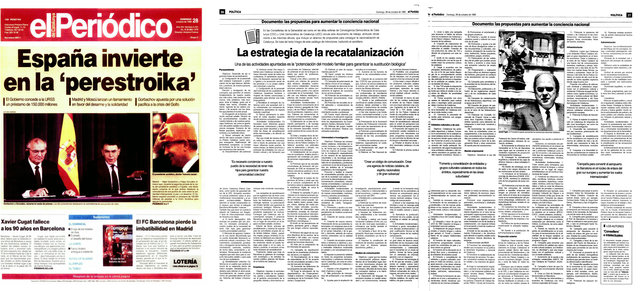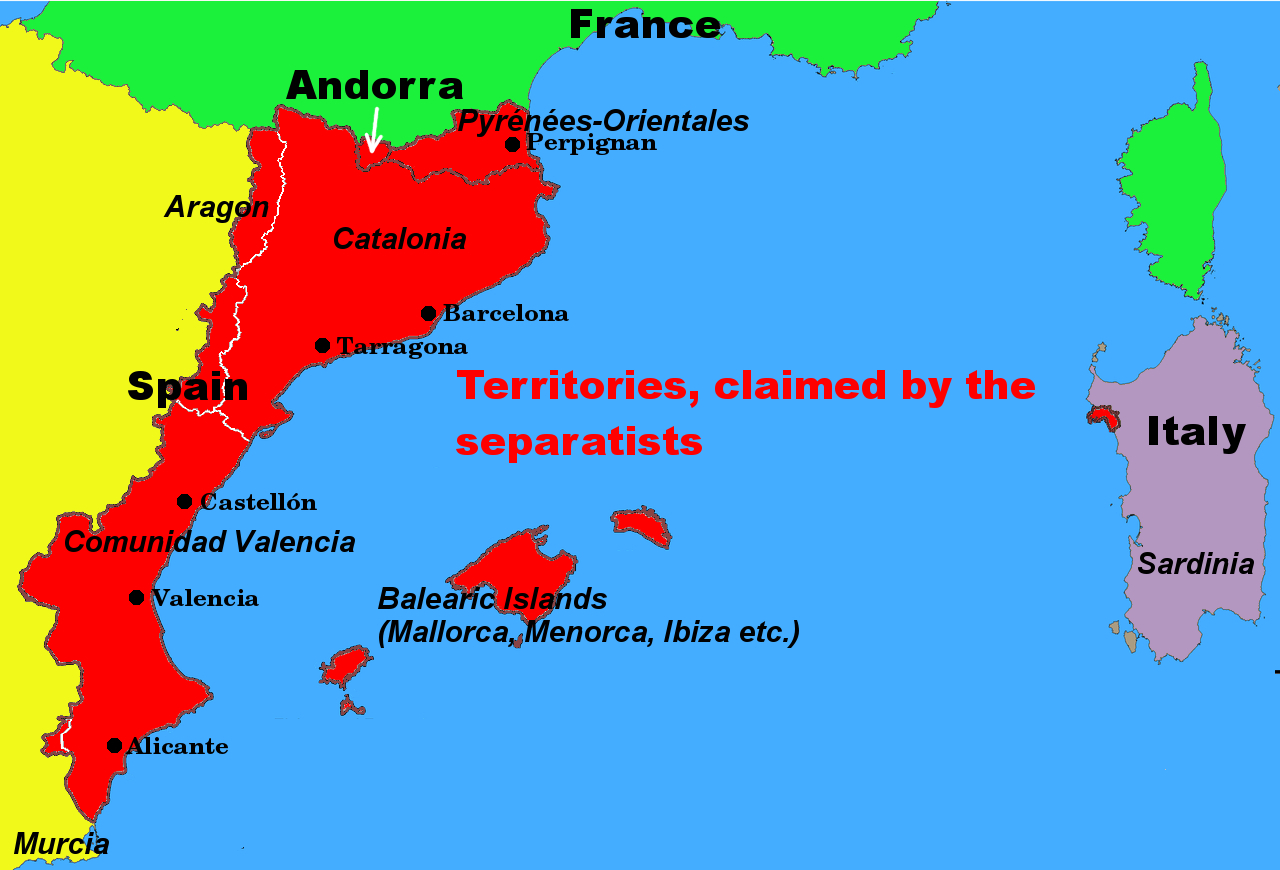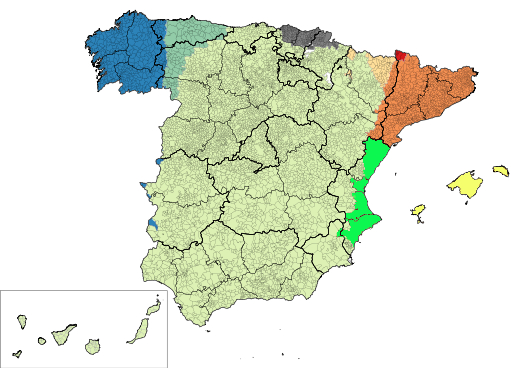Legal hassle
Step back on language rights for Spaniards
April 20, 2023
Wednesday 19 April, the organisation „Hablamos Español“ published an „Assessment ...of the rejection of the constitutional complaint against the Celaá law“.
The core of this law means that the Spanish language will be deprived of its status as a lingua franca. „This will open up the possibility for the supporters of the separatists, whether in Catalonia, Valencia, the Balearic Islands or Galicia, to increase the compulsory use of the regional language and to ban Spanish completely or even more from public schools,“ I wrote when the law was passed in December 2020. Nachdenkseiten.de had kindly published an article with a comprehensive explanation by me on this.
In fact, language imposition has since increased in many Spanish autonomous regions with regional language. Most recently, especially in Catalonia, where the highest Catalan and Spanish courts had ruled that pupils must be taught at least 25% of their lessons in Spanish, and where the Catalan government refuses to implement these rulings and is doing everything it can to banish all Spanish.
Translation of the assessment
Assessment by the Hablamos Español Association of the dismissal of the Appeal of Unconstitutionality against the Celaá Law* System of lines in this context means that at some schools parents still have the option to enrol their children for an education with more Spanish or regional language.
The press office of the Constitutional Court published yesterday an informative note with the following headline: „The Plenary of the TC rejects the Appeal of Unconstitutionality of the Vox Parliamentary Group in Congress against the Celaá Law (Organic Law 3/2020 on Education)“.
With regard to the linguistic issue, the following paragraph is included:
„As regards the right to receive education in Castilian (Spanish), the judgment explains that the new regulation is in accordance with Article 3 of the Constitution, which guarantees the right to use Castilian and the co-official status of the autonomous languages, and also with the State's responsibility to ensure respect for the linguistic rights of pupils.
It considers, in particular, that the Constitution does not require the State to set a proportion for the use of Castilian in the education system, but rather, in accordance with the Court's previous doctrine, 'a pattern of balance or equality between language (SSTC 109/2019 and 114/2019) and an effective right to use them, which the contested law does not deny.“
Hablamos Español makes an assessment of the content of this paragraph, which summarises the sentence, but there are nuances that can only be assessed once the sentence is published.
From the summary, it can be deduced that the Constitutional Court limits itself to recalling and reiterating the doctrine established since the 1994 ruling: that neither of the two official languages can be excluded as a vehicular language; this does not mean that a system of lines * with each language as a vehicular language is contrary to the Spanish Constitution, as the Constitutional Court endorsed in its ruling 137/1986.
What does seem to be deduced is that the jurisprudence of the Supreme Court, which clarified that a system with less than 25% of teaching hours of Castilian/Spanish as a core subject would not comply with the TC's doctrine, since it would imply such a residual use of Spanish that it could not truly be considered a vehicular language, is not expressly endorsed.
Hablamos Español is currently preparing appeals to the High Courts of Justice of the Autonomous Communities to defend the linguistic rights of several students, specifically in the Autonomous Communities of Valencia and the Balearic Islands. Once the ruling on the Celáa Law is published, we will be able to assess in more detail whether there is a contradiction between this ruling and the jurisprudence of the Supreme Court, which is also a source of law.
| | | | Click here to subscribe or cancel your subscription |
Myths and deceptions of Catalan nationalism

Here you'll find the translation
Languages in Spain
Spanish, Basque, Catalan, Mallorquin, Valenciano etc.
The strategy of recatalanization
 1980 the Spanish journal "El Periodico" published a secret document about the strategy of the Catalan government. It shows in a frightening way the actual spiritual world of the separatist leaders.
1980 the Spanish journal "El Periodico" published a secret document about the strategy of the Catalan government. It shows in a frightening way the actual spiritual world of the separatist leaders.Now it is available in english translation.
Pancatalanism
the separatist's imperial claim
 The Catalan government exports the conflict into communities with Catalan population, supporting all efforts of the separatists including financial means to destroy Spain.
The Catalan government exports the conflict into communities with Catalan population, supporting all efforts of the separatists including financial means to destroy Spain. An important tool is the establishment of a language dictatorship that is not afraid to use the same means as Franco.
Separatist indoctrination

Click here to read the study
Language imposition and democracy

An essay in 6 parts on the potentially violent effect of language imposition containing contributions from South Africa, Catalonia, Ukraine and France.
go to part 1 SticSti
Publications
 The title says: "Catalonia, a conflict is exported. Insights of a migrant"
The title says: "Catalonia, a conflict is exported. Insights of a migrant"Sorry, up to now, this book is only available in German. However, drop us a line, if you are interested to learn more Contact.

